
Unusual Writing Activities That Will Boost Your Creativity
Writing usually involves sitting in a chair and hammering away at a keyboard. It can get repetitive and mundane. I have often found that when I need a boost of creativity, removing myself from my normal writing environment is a good way to get ideas flowing. If you’re feeling stuck, try positioning your body differently….Read More
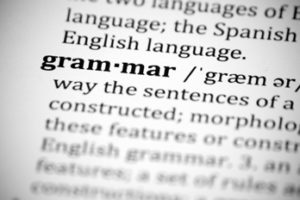
Five Grammar Habits Every Writer Should Adopt
Can you imagine a nutritionist who eats exclusively at fast food restaurants? A personal trainer who never exercises? A writer who can’t be bothered with grammar, spelling, and punctuation? In most professions, best practices and tools of the trade are mandatory. If you want to be a lawyer, you must pass the Bar exam. If…Read More
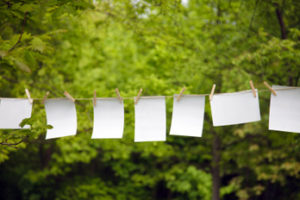
A Week’s Worth of Experimental Journal Prompts
As writers, we are constantly told (usually by other writers) that we should be writing every day (without exception!), but rarely are we provided with details of what we should be writing. Of course, many writers already know what to write. They are poets, short story writers, novelists, memoirists, literary journalists, and bloggers. Their niche…Read More

Storytelling Exercise: Time Lapse
Today’s post is an excerpt from my book, Story Drills: Fiction Writing Exercises. This is from a chapter called “Time Lapse,” which looks at how a story moves through time in a way that isn’t jarring to the reader. Enjoy! Stories don’t take readers through every minute of the characters’ lives. Scenes jump around in…Read More

Fiction Writing: The Setting of a Story
Today’s post includes excerpts from What’s the Story? Building Blocks for Fiction Writing, chapter three: “Setting.” Enjoy! Setting may not seem as critical to a story as character or plot, yet it is a core element of storytelling and for good reason. The setting of a story helps us understand where and when it takes…Read More
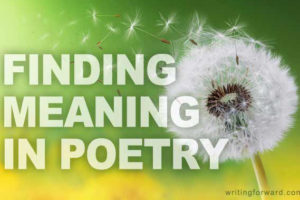
Finding Meaning in Poetry
We humans are programmed to find meaning in everything. We find patterns where none exist. We look for hidden messages in works of art. We yearn for meaning, especially when something doesn’t immediately make sense. Of course, art is open to interpretation, and some of the best works of art have produced a fountain of…Read More
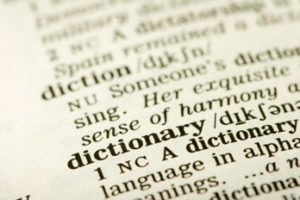
Homophones: Affect vs. Effect
Homophones can be confusing. Luckily, there’s an easy way to remember affect vs. effect. I see it all the time: affect and effect mixed up as if they were completely interchangeable. But they’re not. These two homophones may sound exactly alike, but they don’t even belong to the same parts of speech! If you’ve ever…Read More
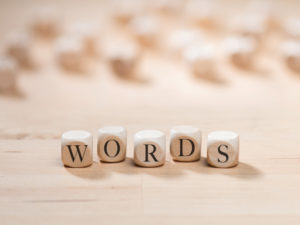
How to Transform Words Into Writing Inspiration
I recently flipped through my copy of Susan Goldsmith Wooldridge’s Poemcrazy: Freeing Your Life with Words (aff link), and after just a couple of chapters, my imagination was on fire. I’m always looking for new ways to inspire writing ideas, and lately I’ve been thinking that we should talk more about a writer’s most basic…Read More
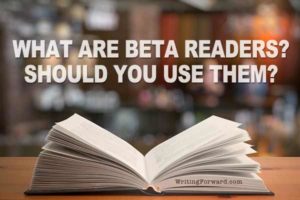
What Are Beta Readers, and Should You Use Them?
By the time you’ve finished your manuscript and are ready to show it to agents and editors — or self-publish and put it in front of readers — you have almost certainly lost the ability to view your own work with a critical eye. While there are some tactics you can use to self-edit, you…Read More
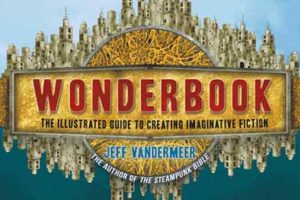
Writing Resources: Wonderbook
This post contains affiliate links. Jeff VanderMeer’s Wonderbook is not your average tome on the craft of writing. It’s more like a portal, and once you enter, writing becomes a strange and awesome adventure. Subtitled The Illustrated Guide to Creating Imaginative Fiction, the book addresses fiction in general but occasionally emphasizes speculative fiction; any writer will benefit from it, but there are…Read More



